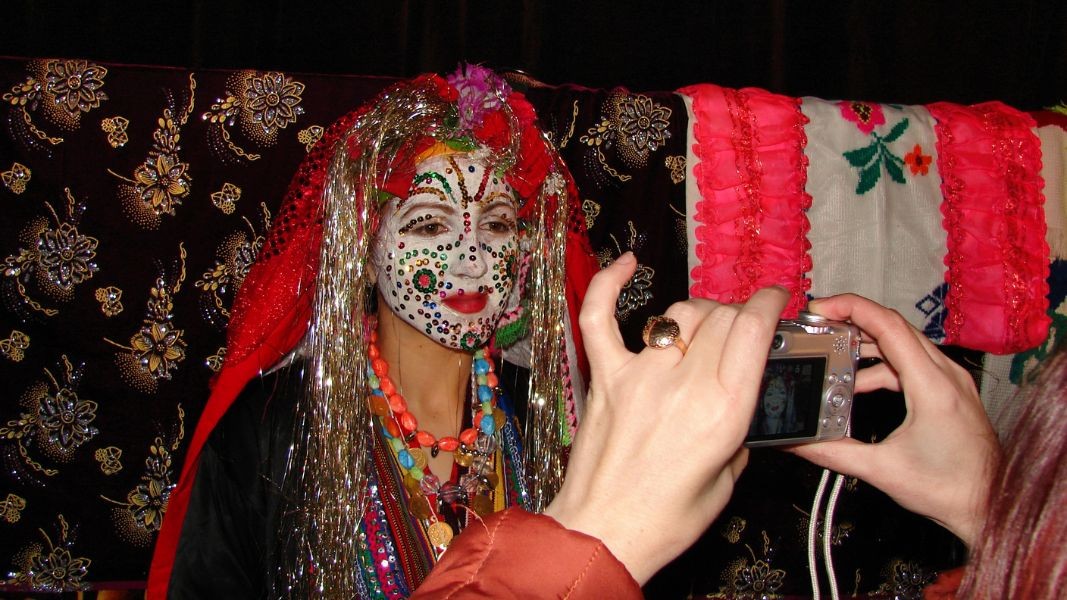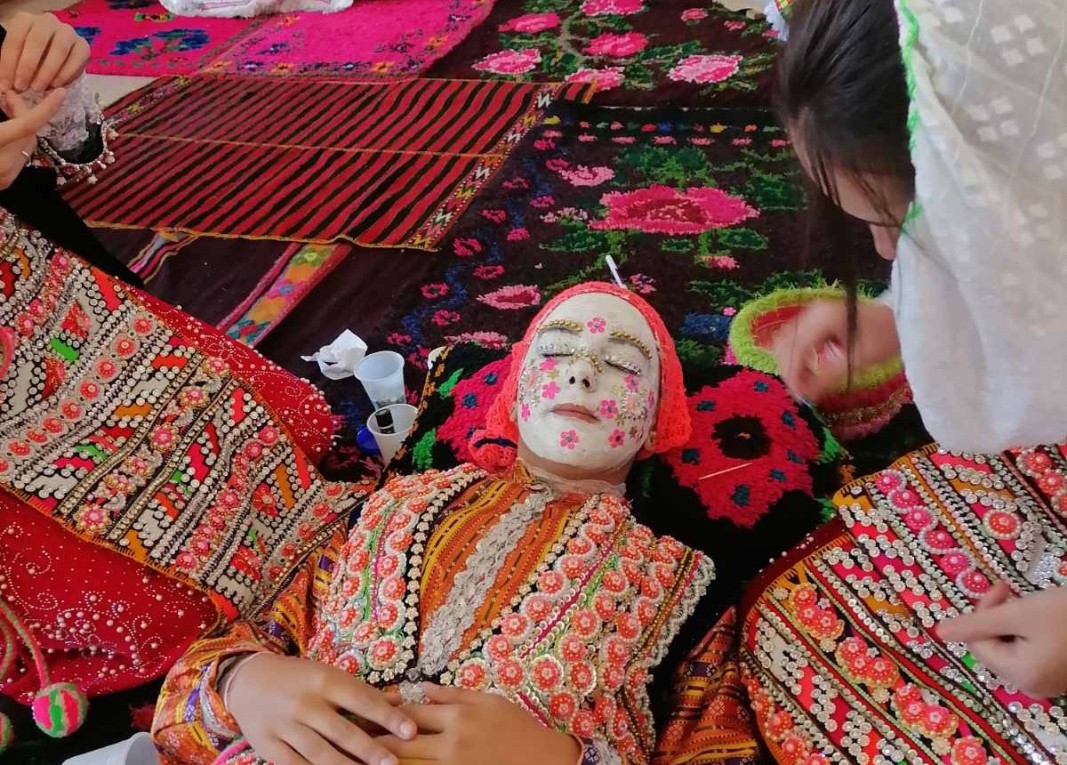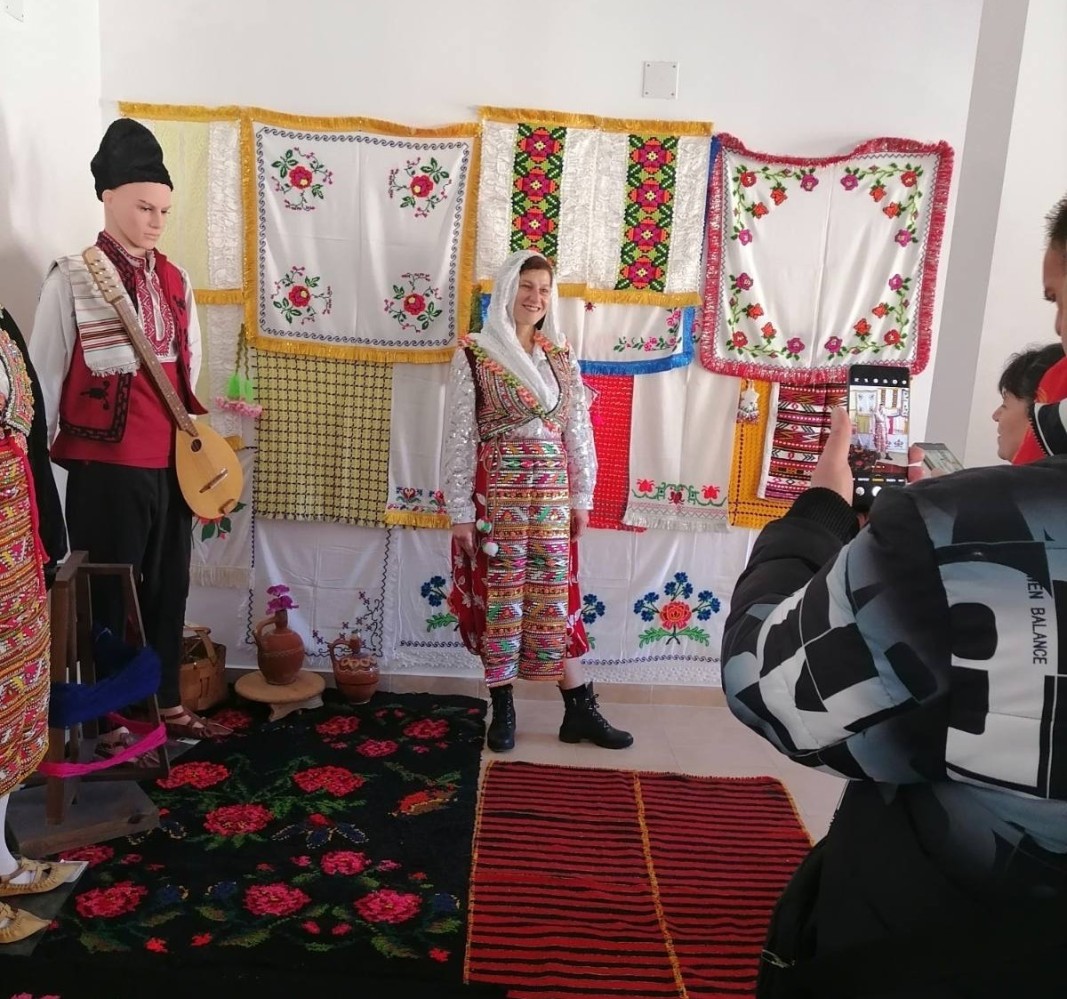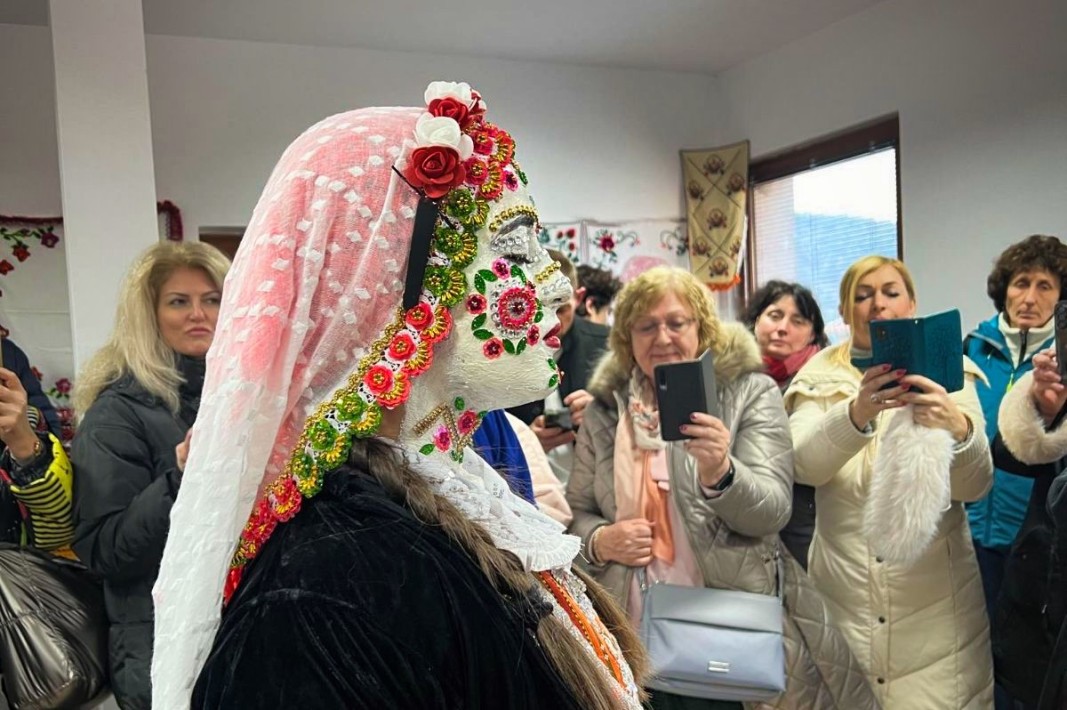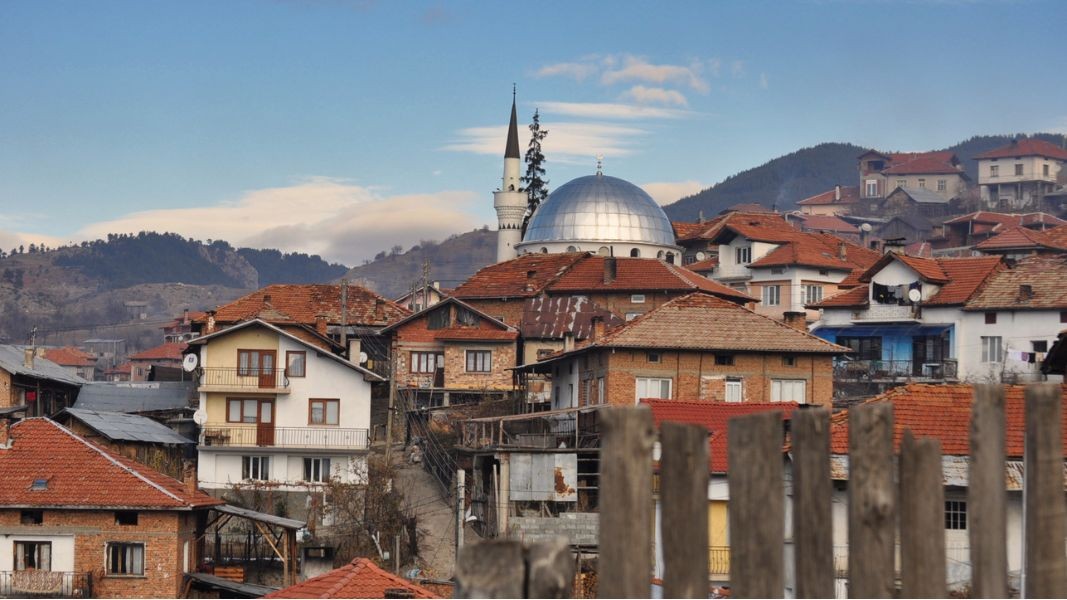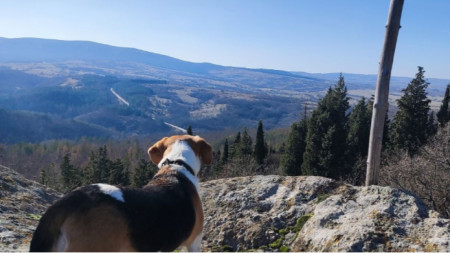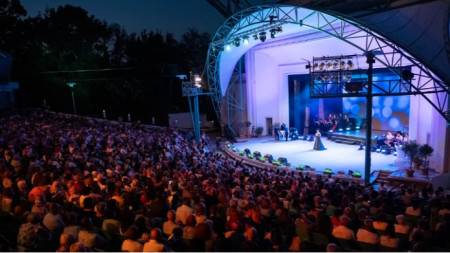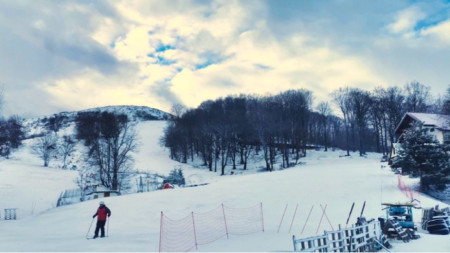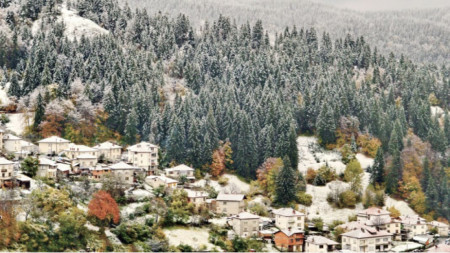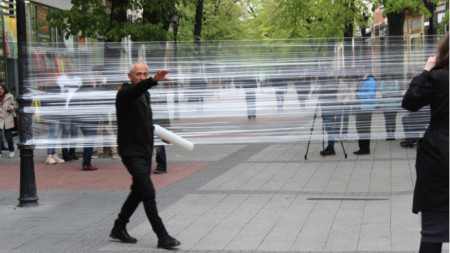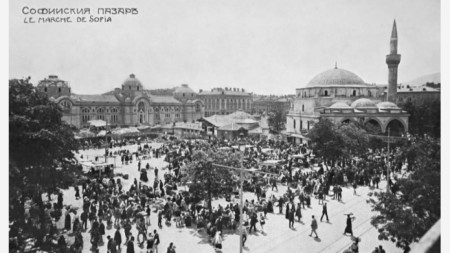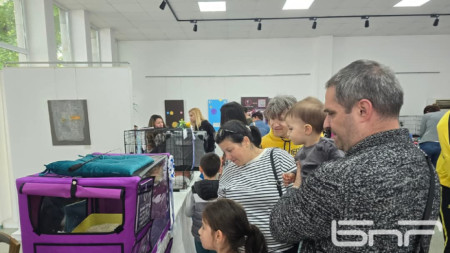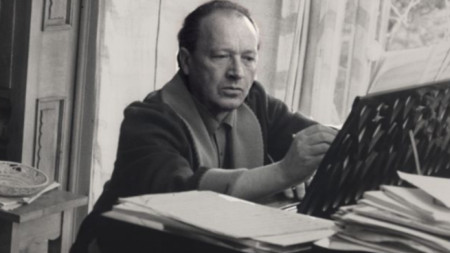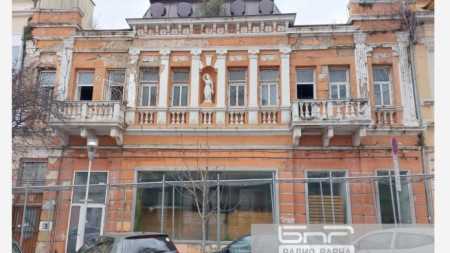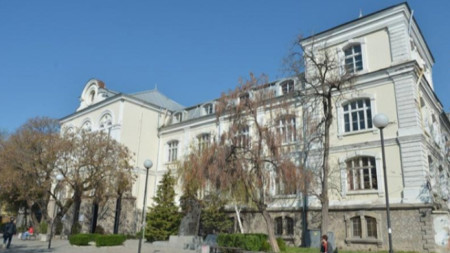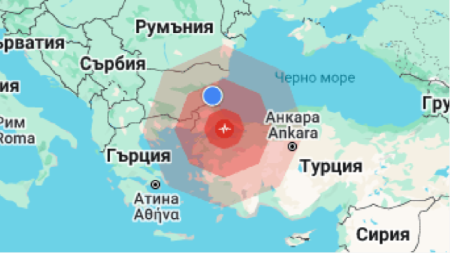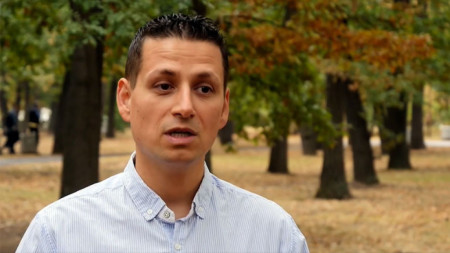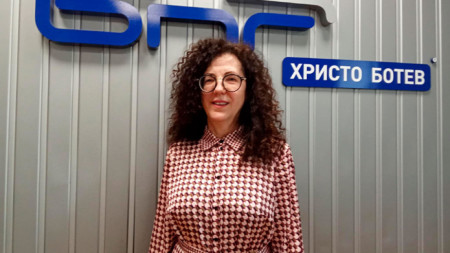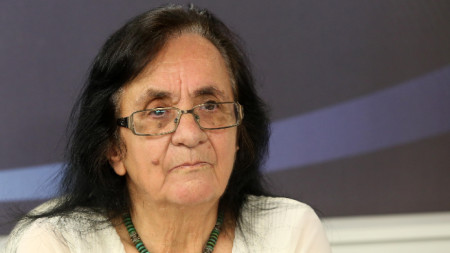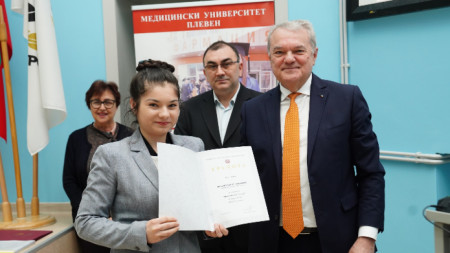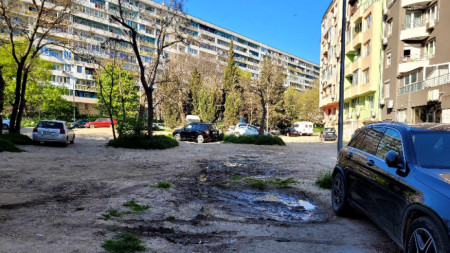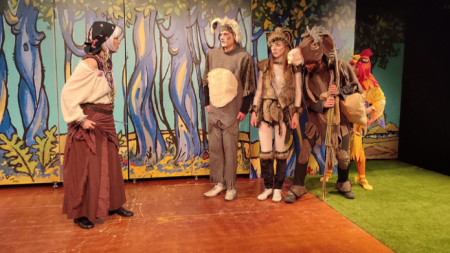Ribnovo, the magnetic Rhodope village, which until a decade ago lived in its own encapsulated world far from globalization, now warmly welcomes tourists. Its residents are Bulgarian-Muslims and are distinguished by their preserved way of life, colorful folklore and a unique custom that goes back in time and amazes the world – the Ribnovo wedding. The entire village participates in the mystical tradition, as recently tourists led by tour operators have also started to join the festive procession.
"Sometimes buses full of people pour in. Last week we had a wedding and it was crowded. A film crew from a Chinese television station also came," Ruska Gerova, secretary of the Iskra community center, which has taken on the promotion of local customs, tells Radio Bulgaria.
"The wedding season is now, in the winter, until March. And in April we have one wedding, maybe it will be our last for the season. Now we have weddings every Saturday and Sunday, and engagements are held on Fridays. In the community center, we reenact these rituals. Even in the summer, we welcome groups and introduce them to our customs. We prepare Ribnovo banitsa for them, show them how to make Rhodope couscous, etc."
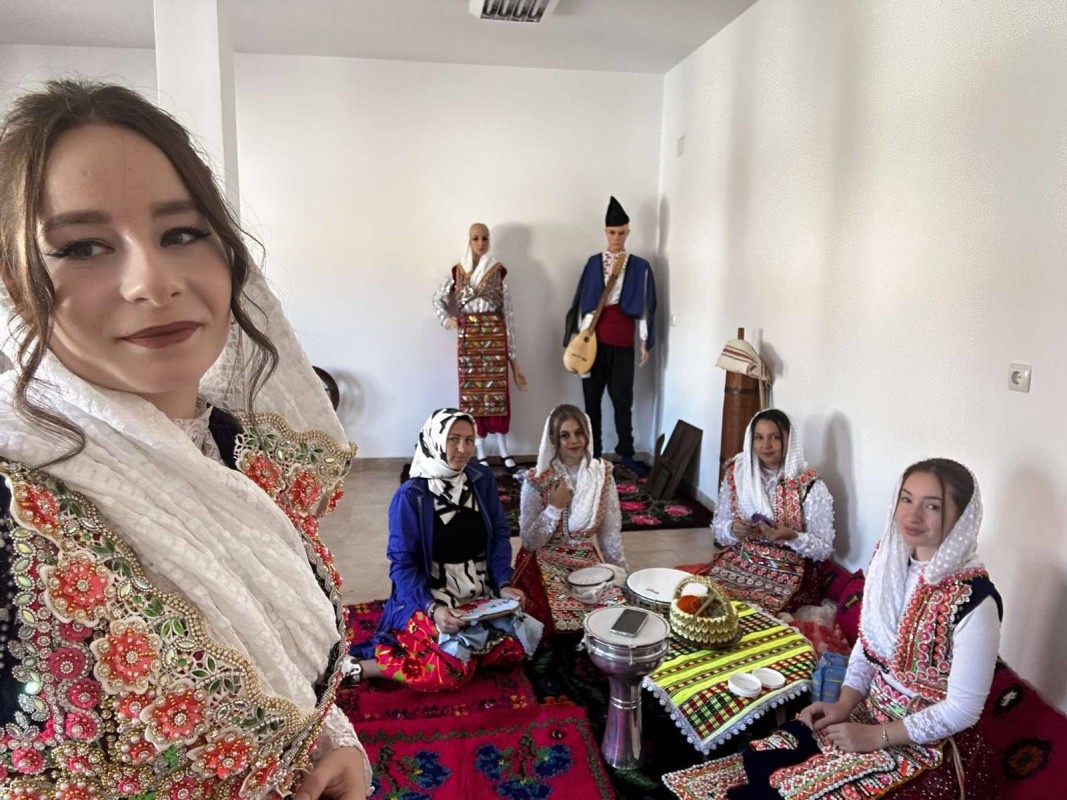
What fascinates tourists is the colorful Ribnovo wedding – the colorful costumes, the carrying out of the bride's dowry in front of the bride's house, the wedding procession that passes through the entire village and the crowded dance on the square... And the most mysterious element of the custom is the so-called "gluing of the gelina" /adorning the face of the bride - "gelina"). This is an intimate moment for the bride and her relatives, where outsiders are not allowed.
"That's why we do reenactments at our community center," explains Kadriye Masheva, who welcomes tourists, and adds:
"Tourists themselves can have their faces adorned like a "gelina" or we glue the adornment to the face of one of our girls so that onlookers can get a taste of our colorful fairy tale. People come from all over Bulgaria to immerse themselves in this ritual. We dress them in wedding clothes and put on the mask. First, we apply white cream to the face, then cover it with sequins, just like people used to do it in the past. Our guests can take pictures, they can help us apply the sequins themselves or have them glued on. This ritual has been preserved for centuries."
Watch the video report from the village of Ribnovo (English subtitles are not yet available):
The community center's museum collection introduces guests to Ribnovo's past through photos and authentic household items. Here you can buy slippers, baskets, Rhodope clothing handmade by the women, or sit at the old loom and try to weave something yourself.
"Our guests, even outside the wedding season, can come, get dressed in the costumes, take pictures and walk around the village in these clothes", says Kadriye. "Elements of the costume are the shalwars, as well as the "sofra" which is placed on top of the shalwar. Then the vest is put on, the so-called "anteria" - a blouse which should be shiny and richly decorated with sequins, and finally the tulbé (a white headscarf). Almost every girl in Ribnovo is a designer of her own clothing - she weaves them herself, choosing what roses, colors and lace to add to create a unique garment."
Recently, the ritual of "gluing the gelina" was included in the National Representative List of Bulgaria's Intangible Cultural Heritage
and thus became part of the "Living Human Treasures" of Bulgaria. But the people of Ribnovo have bigger ambitions:
"It is precisely because of the Ribnovo wedding and the gelina ritual which we still practice that our village has become extremely famous. Now we want the Ribnovo wedding to be included in the UNESCO list /for the world's intangible cultural heritage - ed. note/. We would be happy if this happens, so that we could have even more guests. Because Ribnovo has something to show the world!" Kadriye Masheva concludes.
Learn more about the wedding tradition in Bulgaria's village of Ribnovo:
Video: Veneta Nikolova
Photos: Kadriye Masheva, Veneta Nikolova
English publication: Rositsa Petkova
